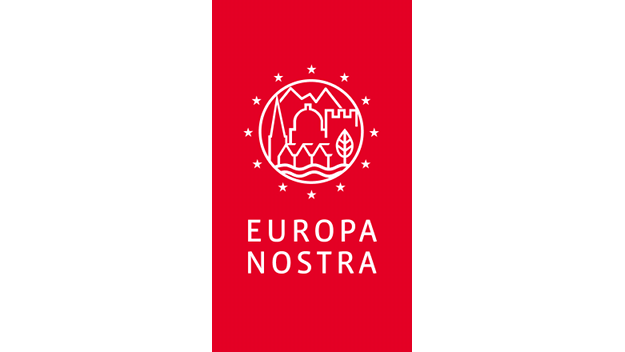Europa Nostra

Europa Nostra is the pan-European federation of heritage NGO’s which is also supported by a wide network of public bodies, private companies and individuals. Covering more than 40 countries in Europe, the organisation is the voice of civil society committed to safeguarding and promoting Europe’s cultural and natural heritage. Founded in 1963, it is today recognised as the most representative heritage network in Europe. Plácido Domingo, the world-renowned opera singer and conductor, is the President of the organisation.
Europa Nostra campaigns to save Europe’s endangered monuments, sites and landscapes, in particular through ‘The 7 Most Endangered’ programme. It celebrates excellence through the EU Prize for Cultural Heritage / Europa Nostra Awards. It also contributes to the formulation and implementation of European strategies and policies related to heritage, through a structured dialogue with European Institutions and the coordination of the European Heritage Alliance 3.3.
Europa Nostra was founded on 29 November 1963 in Paris. For over 50 years, we have celebrated, protected and lobbied for cultural heritage. Europa Nostra is today recognised as the most representative heritage organisation in Europe with members from over 40 countries.
Our mission
- To give shape and voice to an ever-growing citizens’ movement to support cultural and natural heritage across Europe
- To be forceful advocates of heritage – with its multiple benefits for our economy, society, culture and the environment – towards policy-makers at all levels of governance: local, regional, national, European and on a global scale.
- To campaign to save Europe’s most endangered heritage sites and support actions led by our member organisations.
- To promote best practices in the heritage field across Europe – from research to conservation, from education, training and awareness-raising to the dedicated service of professionals and volunteers.
Our values
- Cultural Heritage is essential for a prosperous, unified and stable Europe;
- Cultural Heritage should be respected in urban and rural development;
- Culture Heritage is not a relic of the past; it is a relevant, useful and accessible part of today and tomorrow;
- Cultural Heritage is complex and multi-layered and therefore does not belong to one cultural group or nation, but instead belongs to all Europeans;
- Cultural Heritage is on loan from future generations and good stewardship in the present is therefore the responsibility of everyone living in Europe.
Our vision
To put culture and cultural heritage at the very core of the European project on behalf of our members as the largest representative civil society movement in Europe to the advantage of all Europeans.